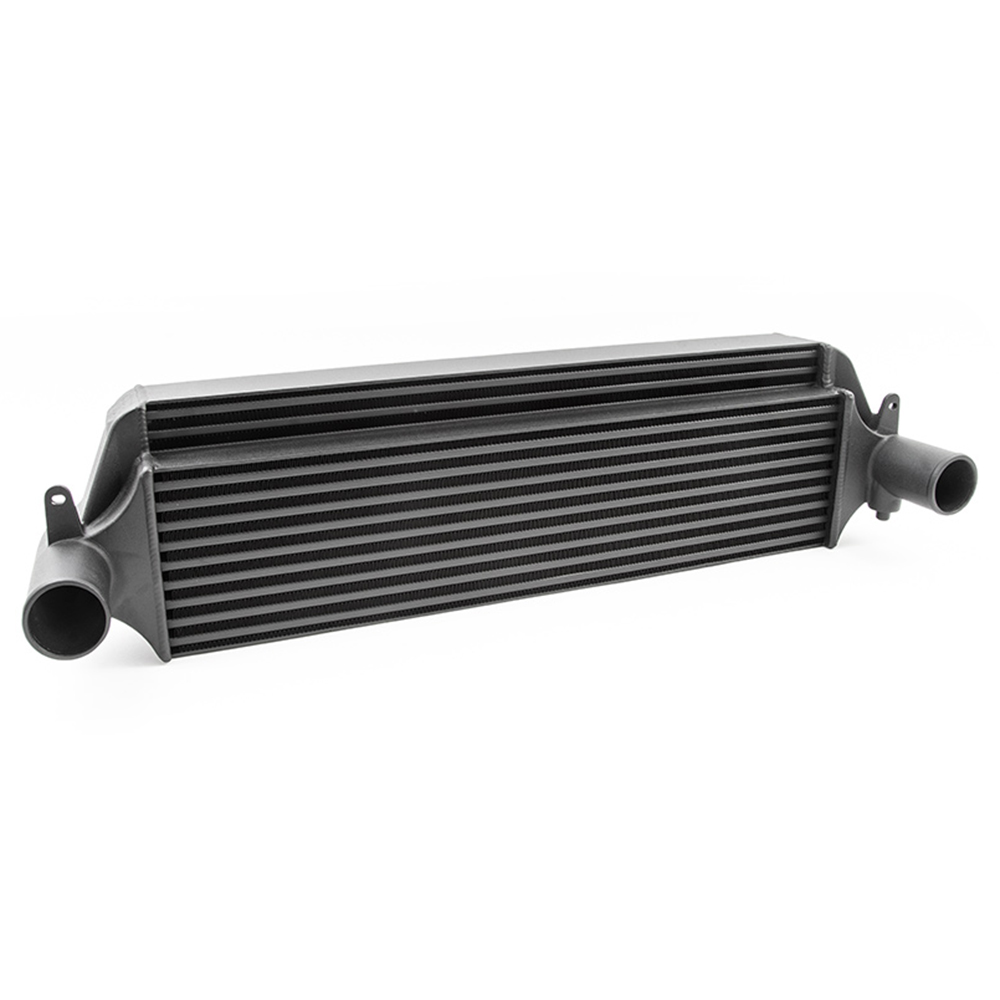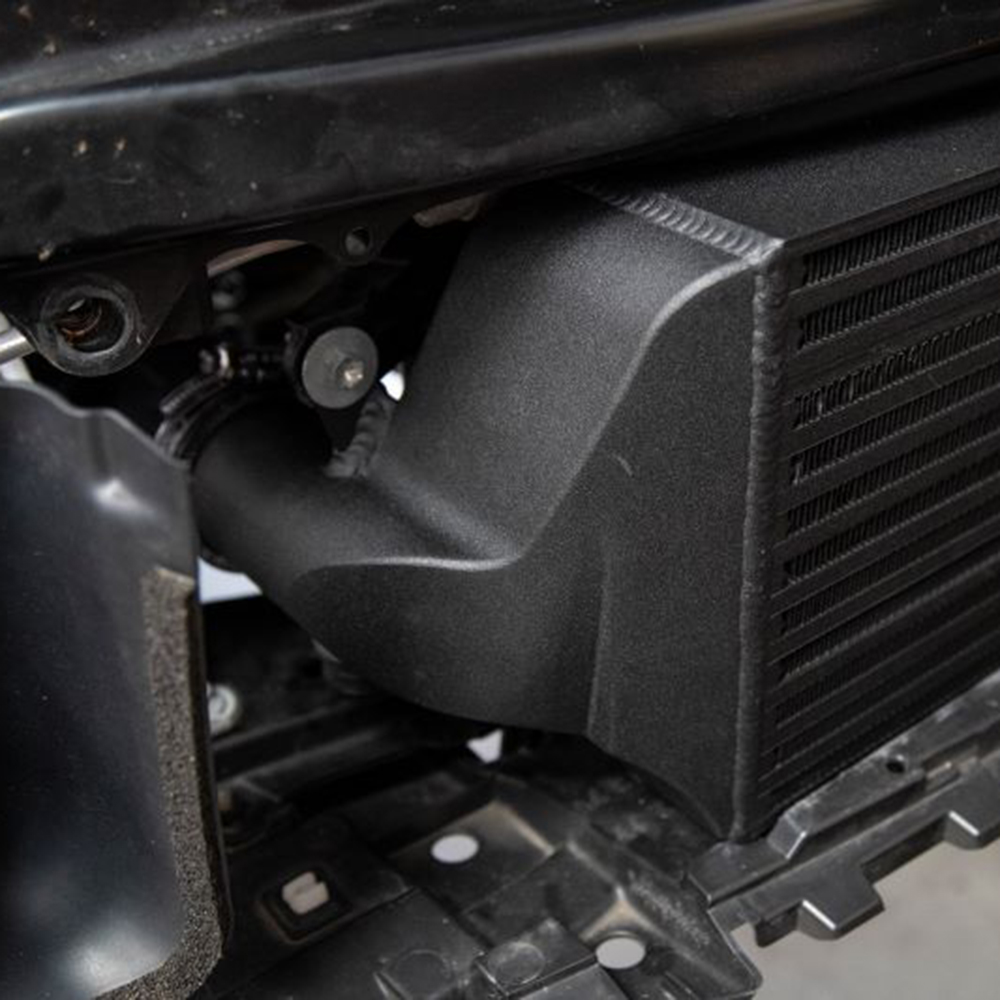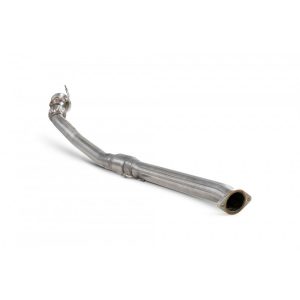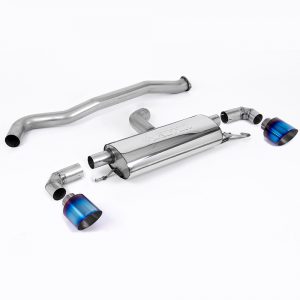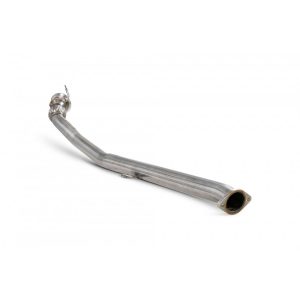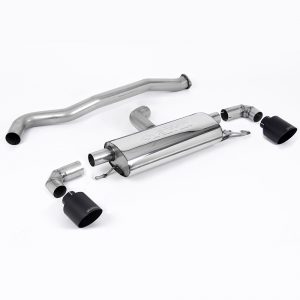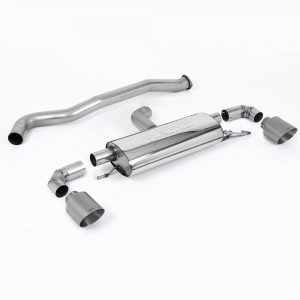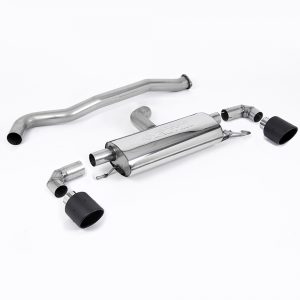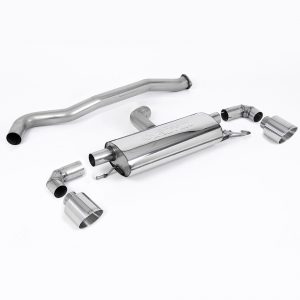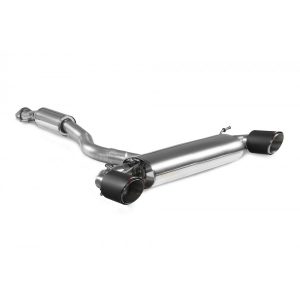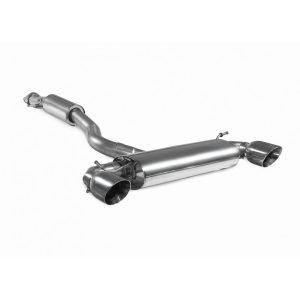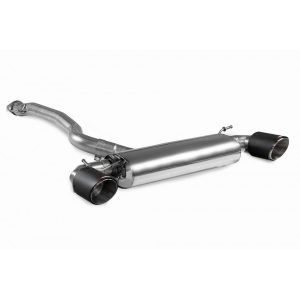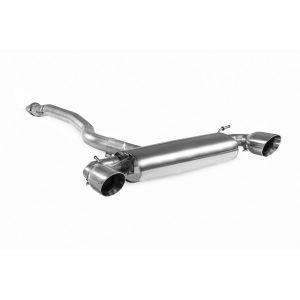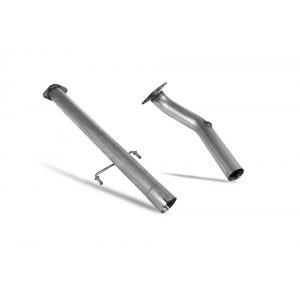Description
- Gains of 10bhp and 10lbft
- Temperature drops of up to 20°C
- Reduced turbo lag, increased response
- Greater overall surface area for greater heat dissipation
- Utilising a race specification tube and fin construction air core
- High flow cast end tanks ensuring optimum air transition for cooling efficiency
- Dyno proven horsepower and torque gains
- A smoother power curve
- Volumetric increase of more than 100%, without additional lag
- Frontal area increase of over 40%
- Includes necessary hardware and instructions for installation
- Lifetime warranty*
FMINT25 is a performance intercooler for the Toyota Yaris GR, produced, designed, and tested at Forge headquarters in Gloucester UK. Throughout the development process they have strived to improve the efficiency and performance of the Yaris GR’s engine. The project brief was to develop an intercooler utilising all of the available space available in the original position of the OEM intercooler, and to ensure the inlet air temperature is reduced, without any negative effects on the boost pressure or engine and transmission cooling.

Using a combination of scanning software and traditional measuring methods, the design was created. This was then fine tuned by their computational fluid dynamics (CFD) team, and the end tanks were initially created by 3D printers. They then alloy cast the first prototypes from their 3D prints using a sand casting technique and started the testing procedure on several types of intercooler cores.
The first iteration fitted the vehicle perfectly, however, the technicians and engineers felt the inlet and outlet should be enlarged along with providing the end user with the necessary boost pipes to ensure flow was maximized on the Toyota`s GR 3 cylinder engine.
Before getting to work on the dyno, they spec’d three different type of cores; one of these being bar and plate and two being a tube and fin construction – with all three cores having different internal and external fin pitches and configurations. Forge then welded the test parts ready for testing along with fabricating an internal baffle to the inlet (hot side) of the end tank. This is to ensure, from their CFD research, that the total volume of the core internal is utilised for optimum performance.

Compared to the OEM intercooler, the improved Forge product has a surface area increase of over 42% and an internal volume increase of over 100% as well as gains of more than 10bhp and 10 lbs/ft. These gains can be even higher depending on your vehicles state of tune and complementing performance products like the turbo inlet adaptor and the inlet duct. As the hot and cold side, inlet and outlet, have been increased to 60mm, Forge have included within the intercooler kit all the necessary silicone hoses and hardware to complete the installation and connect to the OEM parts.

The Forge Motorsport intercooler is a perfect performance enhancing product that fits directly to the OEM mounting points, making for an easy install, in a relatively short period of time. No cutting of any components are needed, making the installation reversible if the vehicle needs to be returned to stock at any time in the future. The core and end tanks are finished in our black textured anti corrosion coating that also aids with its thermal properties and keeps the product looking that bit more stealthy or OEM+.
The Forge Motorsport lifetime warranty on all hardware products shows the trust they have in the quality of their products while they are being enjoyed on your pride and joy.
Why do we test different cores?
At Forge Motorsport, when developing an intercooler, they will test several different cores for each application. For example, a bar and plate style core, a tube and fin style core along with different fin pitches and heights e.g. 22 fins per inch or 17 fins per inch, as well as changing the internal fin pitches/shapes and density within the tube enabling to fine tune the amount of pressure drop the intercooler produces.
Pressure drop is not always a bad thing, as their testing and research has proven on various projects. This is because the pressurized air velocity is being stalled by the pressure drop within the cooler thus allowing more time to cool the air within the cooler itself, as air passes through the non-pressurized face of the core that is open to the atmosphere. Too much pressure drop can of course have a problem on the higher performance engines as the intercooler reaches its maximum efficiency the turbo has to work a lot harder to force the air through the core. This in turn creates higher inlet air temps (IAT’s) due to the turbo creating more heat as it is over stressed and worked harder.
Having no pressure drop can also prove to be inefficient as the cooler will not lower the charge temperature again resulting in higher inlet air temperatures.



